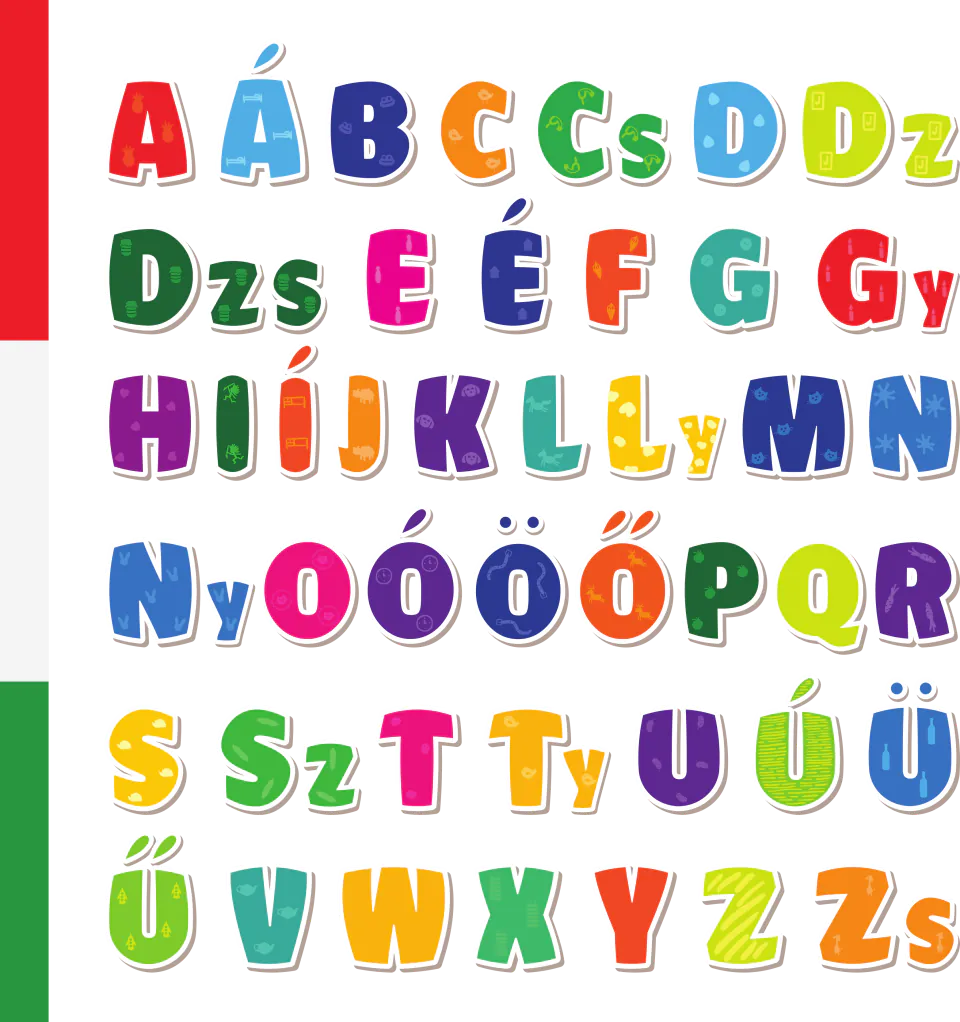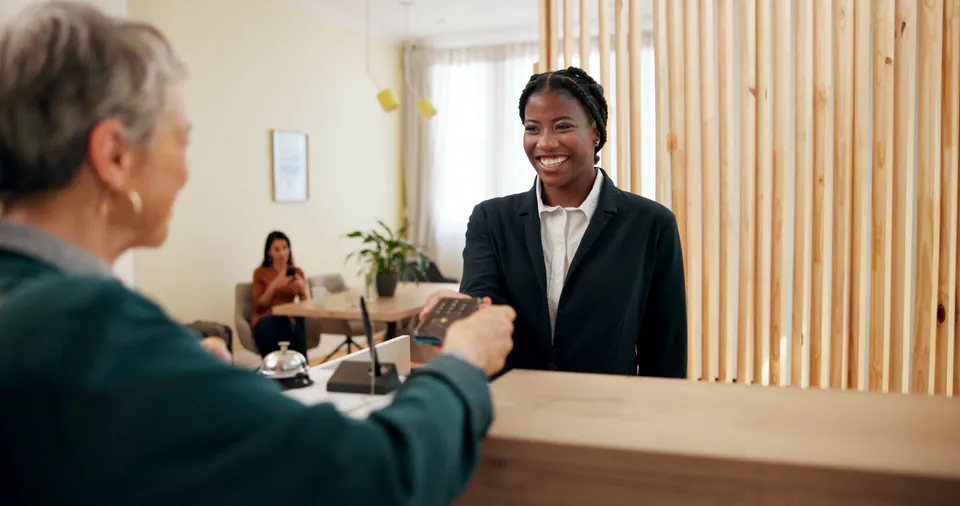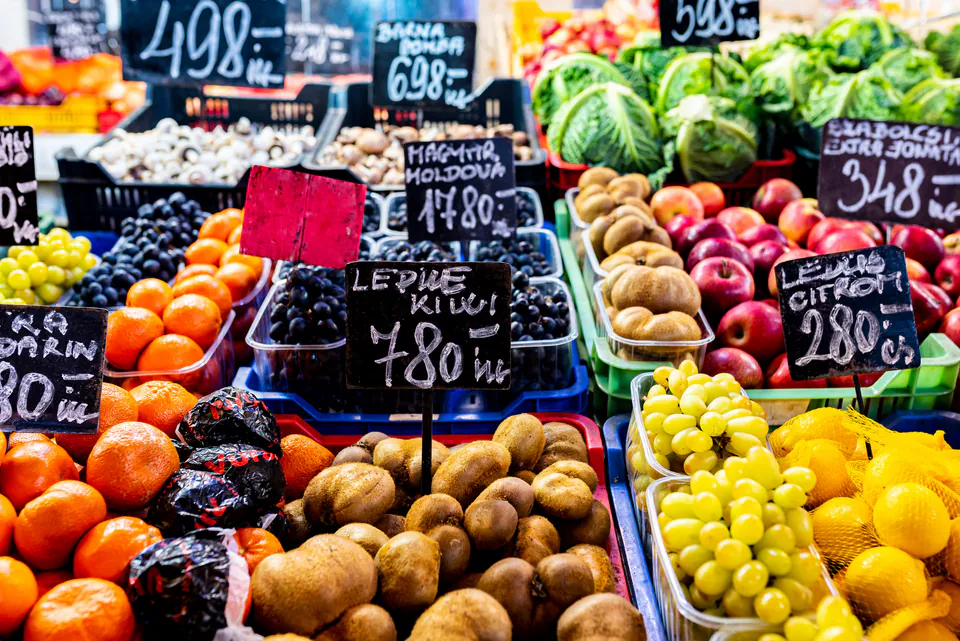Essential Hungarian Phrases for Your Budapest Trip
When we first walked into Budapest, we were hit by these amazing sounds everywhere. Hungarian (or Magyar like locals say) is playing in the thermal baths, across those big bridges over the Danube, and in every single café. Sure, English works fine in tourist spots, but trust us - learning just a few Hungarian words completely changes your trip from just looking around to actually connecting with people.
Hungarian is pretty unique. It's part of this Finno-Ugric language family, so it's related to Finnish and Estonian but has nothing to do with German, Slovak, or Romanian that you hear in nearby countries. This makes Hungarian sound really different and can be tough for English speakers. But here's the thing - Hungarians love it when you try to speak their language, even if you mess up the pronunciation big time.

Getting Hungarian Sounds Right
Hungarian pronunciation actually makes sense once you get the basics. Unlike English, Hungarian is mostly phonetic - words sound exactly like they're written. The tricky part is figuring out what each letter actually sounds like, because many are totally different from English.
The biggest rule to remember is that stress always goes on the first syllable of every word. This one thing makes you sound way more natural when speaking Hungarian. Also, vowel length really matters - a short 'a' versus a long 'á' can mean completely different words.

Some letter combinations always trip up English speakers. The letter 's' in Hungarian sounds like English 'sh', but 'sz' makes the English 's' sound. So Budapest is actually pronounced "Buda-pesht." Also, 'gy' makes a soft 'dy' sound, 'ny' is like the Spanish 'ñ', and 'zs' sounds like the 's' in "pleasure." We learned this the hard way when we kept saying "Buda-pest" wrong for our first few days!
Essential Hungarian Sound Guide
| Hungarian Letter(s) | English Sound | Example Word | Memory Tip |
|---|---|---|---|
| a | like 'o' in 'hot' | Jó napot (Good day) | Short, open 'o' sound |
| á | like 'a' in 'father' | Jó éjszakát (Good night) | Longer 'ah' sound |
| gy | like 'j' in 'Jerry' | Hogy vagy? (How are you?) | Soft 'dy' sound |
| ny | like 'ni' in 'onion' | Mennyibe (How much) | Like Spanish 'ñ' |
| s | like 'sh' in 'ship' | Budapest (Buda-pesht) | Hungarian 's' = English 'sh' |
| sz | like 's' in 'snake' | Szia (Hi) | Hungarian 'sz' = English 's' |
| ö, ő | like 'er' in 'fern' (no 'r') | Köszönöm (Thank you) | Purse lips, say 'eh' |
| ü, ű | like 'ew' in 'few' | Sürgős (Urgent) | Purse lips, say 'ee' |
Basic Greetings and Being Polite
Hungarians really care about being polite, so proper greetings and nice expressions are your ticket to good interactions. The casual "Szia" works great with younger people and people your age, while "Jó napot" is your safe formal greeting all day long.

"Kérem" (please) turns any request into a polite interaction. Whether you're ordering coffee or asking for directions, adding this simple word shows you respect Hungarian social customs. "Köszönöm" (thank you) is probably your most useful phrase - Hungarians definitely notice and appreciate when visitors say thanks in their language.
Hungarian Greetings and Courtesy Phrases
| English | Hungarian | Pronunciation | When to Use |
|---|---|---|---|
| Hello (informal) | Szia | SEE-yah | With peers, younger people |
| Good day | Jó napot | YOH nah-poht | Main formal greeting |
| Good morning | Jó reggelt | YOH reg-gelt | Until 10-11 AM |
| Good evening | Jó estét | YOH esh-tayt | Evening greeting |
| Please | Kérem | KAY-rem | With any request |
| Thank you | Köszönöm | KUH-suh-num | Standard polite form |
| You're welcome | Szívesen | SEE-veh-shen | Standard response |
| Excuse me | Elnézést | EL-nay-zaysht | Getting attention, apologizing |
| Yes | Igen | EE-gen | Affirmative response |
| No | Nem | nem | Negative response |
Finding Your Way Around and Getting Help
Budapest's twisty streets and thermal bath complexes get much easier when you can ask for help in Hungarian. "Hol van a...?" (Where is the...?) gets you friendly help from locals who appreciate that you're trying to speak their language.

Getting around becomes way smoother with basic Hungarian phrases. "Egy jegyet kérek" (One ticket, please) works for metro, tram, and bus tickets all over the city. Understanding "Bejárat" (entrance) and "Kijárat" (exit) helps you get around Budapest's huge public transport system and popular attractions.
When language gets tricky, "Beszél angolul?" (Do you speak English?) gives you a polite way to switch to English if you need to. "Nem értem" (I don't understand) nicely admits when communication isn't working while keeping that respectful tone Hungarians like.
Eating Like a Local
Hungarian food should be experienced with proper language appreciation. "Egészségére!" (Cheers!) works for multiple things - use it when toasting with wine, saying "Bless you!" after someone sneezes, or even wishing someone "Enjoy your meal!" This useful phrase often starts conversations in restaurants and thermal bath café areas.

"A számlát kérem!" (The bill, please!) ends your meal politely, while "Finom!" (Delicious!) shows real appreciation for Hungarian cooking. These simple expressions often lead to bigger conversations about local specialties and hidden food gems.
Hungarian Dining Essentials
| English | Hungarian | Pronunciation | Usage Context |
|---|---|---|---|
| Cheers!/Enjoy! | Egészségére! | EH-gaysh-SHAY-geh-dreh | Toasting, blessing, meal wishes |
| The bill, please | A számlát kérem! | AW SAHM-laht KAY-rem | Ending your meal |
| Delicious! | Finom! | FEE-nom | Praising the food |
| Water | Víz | veez | Basic beverage request |
| Beer | Sör | shur | Ordering drinks |
| Wine | Bor | bor | Wine selection |
| Coffee | Kávé | KAH-vay | Café orders |
| How much? | Mennyibe kerül? | MEN-nyee-beh KEH-rul | Asking prices |
| Vegetarian | Vegetáriánus | VEG-eh-tah-ree-ah-noosh | Dietary requirements |
Numbers and Useful Stuff
Hungarian numbers follow logical patterns that make shopping and dining much easier. Learning numbers one through ten gives you the foundation for understanding prices, quantities, and basic information throughout your Budapest trip.

Hungarian Numbers 1-10
| Number | Hungarian | Pronunciation |
|---|---|---|
| 1 | Egy | edge |
| 2 | Kettő | KET-tuh |
| 3 | Három | HAH-rom |
| 4 | Négy | nayj |
| 5 | Öt | ut |
| 6 | Hat | hot |
| 7 | Hét | hayt |
| 8 | Nyolc | nyolts |
| 9 | Kilenc | KEE-lents |
| 10 | Tíz | teez |
Emergency Words
Budapest is a safe place, but knowing emergency phrases gives you peace of mind and practical value. "Segítség!" (Help!) and "Rendőrség!" (Police!) are important phrases that every traveler should remember.

"Orvosra van szükségem" (I need a doctor) and "Kórház" (hospital) handle medical emergencies, while "Gyógyszertár" (pharmacy) helps you find medication. Hungary uses the standard European emergency number 112, which connects to English-speaking operators when needed.
Cultural Stuff to Know
Hungarian has formal and informal ways of talking, which shows cultural values around respect and social hierarchy. When you're not sure, pick formal expressions - Hungarians appreciate respectful approaches and will often invite you to be more casual if it's appropriate.

Something funny happens when tourists pronounce Hungarian really well - locals often respond with fast Hungarian, thinking you speak it better than you actually do. We discovered this happens a lot! Just smile and say "Nem értem" (I don't understand) followed by "Beszél angolul?" (Do you speak English?) to nicely reset the conversation.
Modern translation apps give you excellent backup support, with many offering photo translation for menus and signs. However, the personal connection you create by speaking even basic Hungarian often proves more valuable than perfect digital translation.